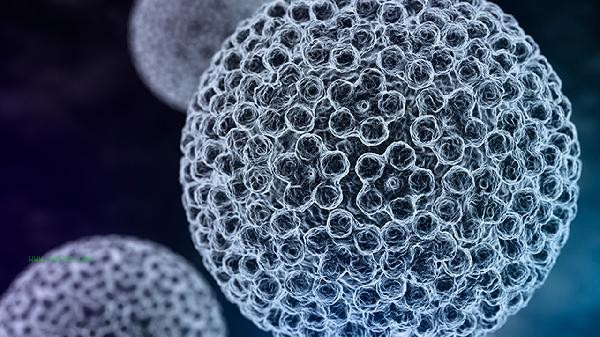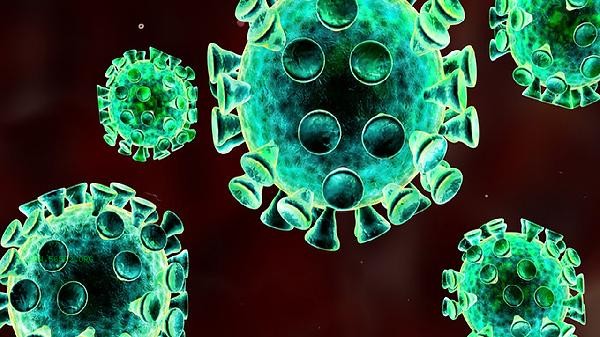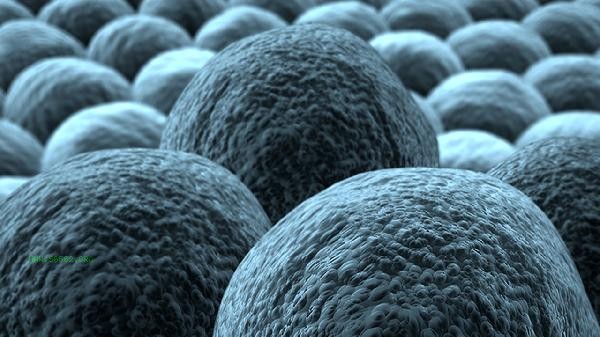Low hemoglobin does not necessarily indicate cancer, it may be caused by iron deficiency anemia, chronic inflammation, malnutrition, physiological changes during pregnancy, or bone marrow hematopoietic dysfunction.
1. Iron deficiency anemia:

Iron is a key raw material for hemoglobin synthesis. Long term picky eating, gastrointestinal bleeding such as gastric ulcers, and excessive menstruation in women can lead to insufficient iron reserves and reduced red blood cell production. Symptoms include fatigue, dizziness, and brittle nails, which can be diagnosed through serum ferritin testing. Treatment with iron rich foods such as pig liver, spinach, or iron supplements is necessary.
2. Effects of chronic diseases:
Diseases such as rheumatoid arthritis and chronic kidney disease can interfere with iron metabolism and inhibit bone marrow hematopoietic function. This type of anemia is usually accompanied by primary symptoms such as joint swelling and edema, and hemoglobin can only gradually recover after controlling the underlying disease.
3. Nutritional deficiency: Insufficient intake of vitamin B12 or folate can lead to megaloblastic anemia, which is common in long-term vegetarians or patients with gastrointestinal absorption disorders. Tongue inflammation and numbness in the hands and feet are typical symptoms that need to be diagnosed through serum vitamin testing. Supplementing with corresponding nutrients can improve the condition.

4. Anemia during pregnancy:
Increased blood volume in pregnant women can lead to relative dilution of hemoglobin, which is a physiological change. But if the hemoglobin level is below 110g/L, intervention is needed to avoid affecting fetal development. It is recommended to increase the intake of lean meat and animal blood products.
5. Bone marrow abnormalities: Diseases such as aplastic anemia and myelodysplastic syndrome can directly impair hematopoietic function, which may be accompanied by a decrease in white blood cells or platelets. This type of situation requires bone marrow puncture for diagnosis and requires specialized drug treatment or hematopoietic stem cell transplantation.
It is recommended that patients with low hemoglobin levels prioritize investigating common causes and consume foods rich in protein, iron, and vitamin C such as beef and oranges in daily life to promote iron absorption. Moderate aerobic exercise such as brisk walking and yoga can improve blood circulation and avoid exacerbating hypoxia symptoms with vigorous exercise. If the hemoglobin level remains below 70g/L or is accompanied by symptoms such as sudden weight loss or abnormal bleeding, it is necessary to seek timely medical attention from a hematology department to rule out the possibility of tumors. Regularly recheck the blood routine to dynamically observe changes in indicators, and avoid self medication to cover up the condition.









Comments (0)
Leave a Comment
No comments yet
Be the first to share your thoughts!